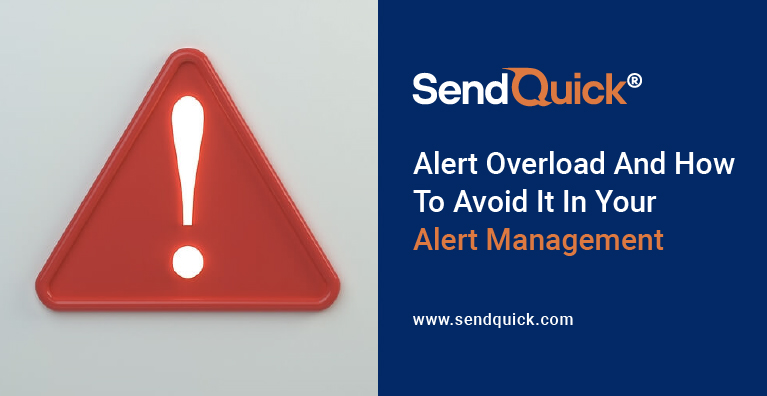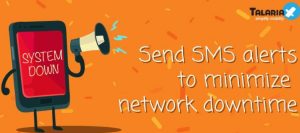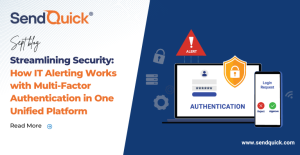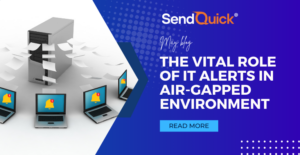In this age of Big Data, cloud computing, and IoT-enabled systems, organisations face the singular issue of increasing difficulty in effectively monitoring situations as more data is collected. Psychologists refer to a similar phenomenon called ‘information overload’ wherein it hampers effective decision-making given the abundance of information to contend with.
Of course, information overload is unavoidable in some contexts. For instance, there is nothing one can do if they keep getting hundreds of emails per day (such as spam) as they do not have control over who can send them messages. However, this is not the case regarding data centre infrastructure, as it is entirely up to an organisation to decide what and how much data they collect. Encountering difficulties in parsing data feasibly likely means they are overdue on rethinking one’s alert filtering and monitoring practices.
Nonetheless, preventing information overload often means countless admins are faced with an uphill battle as the surge in frontier technologies has made it much easier to gather all manners of data from the company’s applications and servers.
Filter Out The Critical And Non-Critical
It is now more important than ever to look into the types of monitoring and notifications critical to your alert management system and which ones you can do without. Remember, just because it is easy and inexpensive to add more monitoring to your infrastructure does not necessarily mean they should be included.
Blindly adding them is equivalent to shooting yourself in the foot as it will end up collecting more data that cannot be processed or acted on effectively, which can lead to alert fatigue to IT teams and on-call staff, waste time on low-priority concerns, and conceal critical issues.
Of course, alert management success depends on a business’s specific needs, as there is no one-size-fits-all approach. However, it is generally recommended to try and restrict the deployment of sensors to systems centred around these types of information:
- Resource exhaustion
Do not wait to add more network bandwidth or data storage until you run out of them. Monitor resource usage and set an alert for when they approach maximum capacity and stay at such levels for more than a short period.
- Host failure
Critical incidents such as a virtual or physical server unexpectedly crashing or failing to boot should be alerted the moment they occur for a quick resolution.
- Security incidents
From repeated login attempts to data breaches and many other cyberattacks, monitoring these threats is essential to stay ahead of hackers.
Every organisation’s mileage will vary, but these provide the core types of events that should be monitored and notified.
Delivering The Right Data To The Right People
Another way to ensure optimal results from an alert management platform is to ensure that the right people receive the right incident notifications. Modern IT alerting systems typically allow for a specific ordering of commands that handle different events, making this possible so that incident notifications do not blanket support teams. This mitigates alert fatigue and unplanned work in responding to issues.
Make The Most Out Of Logs
Lastly, keep in mind that there are many different ways of dealing with information, one being to generate alerts. However, another is to leverage log analytics tools to discover trends stretching across massive amounts of data collected by the company’s monitoring tools. By reducing log results to the bare essentials, IT teams can better figure out what they need to pay attention to without having to manage a sea of events individually.
Conclusion
If your organisation could use an improved alerting system that prevents common issues such as alert overload and alert fatigue, SendQuick’s range of industry-leading IT alert management products may be just what you need.
Besides being a leading SMS gateway provider in Singapore, we also specialise in comprehensive IT alert and notification management systems that ensure you get meaningful and actionable notifications for critical issues. Our other enterprise mobile messaging solutions include cloud SMS, multi-factor authentication, business process automation, and many more.
For additional product details, head to our solutions page or contact us to speak with a SendQuick expert.






